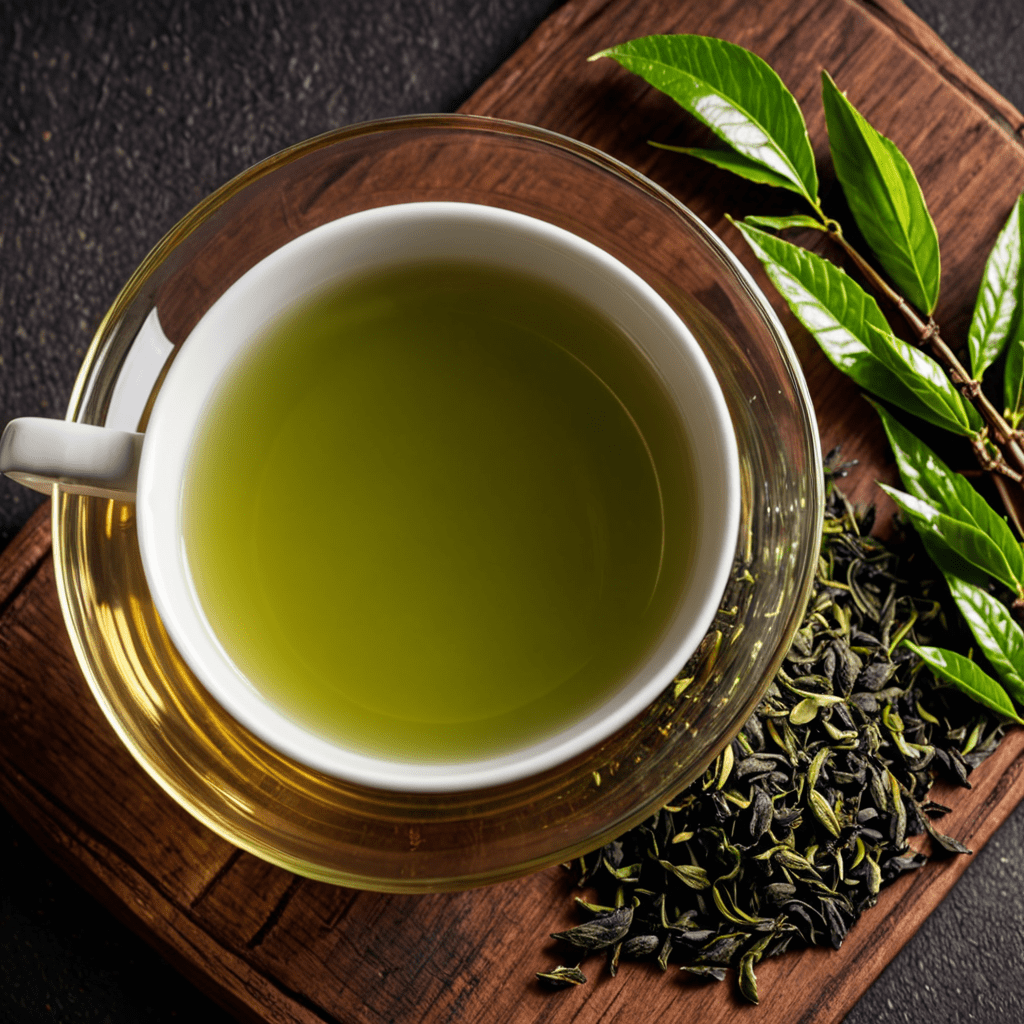Peppermint Tea: A Journey Through Time
Peppermint tea, a delightful and aromatic herbal infusion, has a rich history that dates back to ancient civilizations. Let’s explore its origins, health benefits, and cultural significance through different eras.
Ancient Egypt: The Early Beginnings
Ancient Egyptians were among the first to cultivate and use peppermint for its medicinal properties. They valued peppermint for its digestive benefits and often consumed it in the form of tea to soothe stomach ailments. The refreshing taste of peppermint was also enjoyed by royalty and commoners alike.
Greek and Roman Times: The Spread of Peppermint
During the Hellenistic period, Greek and Roman cultures embraced peppermint for its therapeutic qualities. Peppermint leaves were commonly used to make teas that were believed to aid in digestion and combat headaches. The popularity of peppermint tea continued to grow across Europe.
The Middle Ages: Peppermint’s Renaissance
In the Middle Ages, peppermint tea gained popularity for its ability to freshen breath and alleviate indigestion. Monks in European monasteries cultivated peppermint for its medicinal properties, ensuring its legacy survived through the ages.
The Modern Era: Peppermint Tea Today
Today, peppermint tea remains a beloved herbal infusion enjoyed worldwide. Its cooling menthol flavor is a popular choice for relaxation and digestive support. With its refreshing taste and numerous health benefits, peppermint tea has carved a permanent place in modern wellness practices.
Health Benefits of Peppermint Tea
Peppermint tea is known for its array of health benefits, including aiding digestion, reducing bloating, relieving headaches, and promoting relaxation. The menthol in peppermint leaves has a calming effect on the digestive system, making it a go-to remedy for indigestion and nausea.
Cultural Significance of Peppermint Tea
Peppermint tea holds cultural significance in various traditions around the world. From being served as a welcoming gesture to offering comfort during times of illness, this versatile herbal tea plays a role in ceremonies, hospitality, and everyday wellness practices.
FAQ About Peppermint Tea
What is the history of Peppermint Tea?
Peppermint Tea has a rich history dating back to ancient Egypt, where dried peppermint leaves were found in pyramids. It has been used for centuries for its refreshing flavor and potential health benefits.
How is Peppermint Tea made?
Peppermint Tea is typically made by steeping dried peppermint leaves in hot water. This allows the leaves to release their essential oils, creating a soothing and aromatic infusion.
What are the potential benefits of Peppermint Tea?
Peppermint Tea is known for its calming properties and may help with digestion, alleviating minor stomach discomfort. It is also a popular choice for relieving headaches and promoting relaxation.
Is Peppermint Tea suitable for everyone?
While Peppermint Tea is generally safe, some individuals may be sensitive to mint and should consume it in moderation. It is advisable to consult a healthcare professional before adding it to your diet, especially if you have specific health conditions.
Can Peppermint Tea be enjoyed cold?
Yes, Peppermint Tea can be brewed and then chilled to create a refreshing iced tea. Adding a slice of lemon or a touch of honey can enhance the flavor further, making it a delightful beverage for hot summer days.



